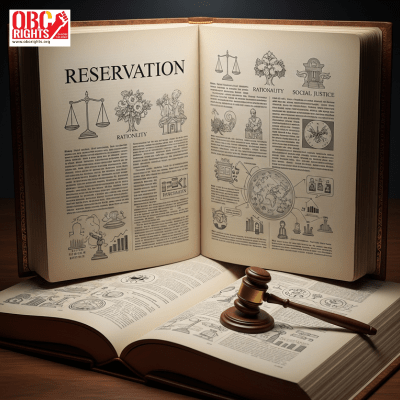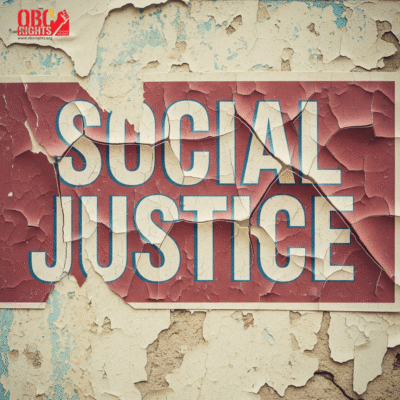“Reservation in Higher Education” has always been one of the most debated and misunderstood topics in India. While some call it a tool for equality, others see it as an unfair advantage. But, instead of believing how much of what we hear is true? This blog separates myths from facts, not with emotion, but with data, legal clarity, and social context. Understanding the real purpose and performance of reservation helps us look beyond noise and see the system as it is, not as it is portrayed.
Myth 1: Reservation in Higher Education reduces merit
Fact: Merit is not just about exam marks, it’s about opportunity. Studies by the Ministry of Education and NITI Aayog show that students from socially disadvantaged groups often start with fewer resources, poor schools, a lack of coaching, and economic hardship. Reservation corrects this imbalance. Once admitted, many OBC, SC, and ST students perform equally well or even better than others when given equal academic support. Merit, therefore, is not reduced, it is realigned with fairness.
Myth 2: Only the poor should get reservation
Fact: Reservation was never meant as a poverty alleviation program. It is a tool of social justice, not charity. Economic poverty is one part, but social discrimination, centuries of exclusion, cannot be ignored. That is why the Constitution separates caste-based reservation from economic schemes like EWS. Both address inequality, but from different roots. Reservation aims at giving the required opportunity to the downtrodden and oppressed communities so that the knowledge of every citizen goes up.
Myth 3: OBC and SC/ST students take seats away from deserving candidates
Fact: The total seats in most central institutions have been expanded to include reservation. For instance, after the 93rd Constitutional Amendment and the Central Educational Institutions (Reservation in Admission) Act, 2006, the number of seats was increased so that “general” seats were not reduced. So, no one “loses” a seat, the system grows to include everyone.

Why Reservation in Higher Education Is Still Needed
Even today, OBCs are underrepresented in top universities. Data from NIRF and UGC shows that in many IITs, IIMs, and Central Universities, OBC and SC/ST faculty numbers remain far below the quota levels. This indicates that inequality is not a thing of the past — it’s ongoing. Reservation in Higher Education continues to play a corrective role until representation becomes natural and not enforced.
The Real Questions People Should Ask
- Instead of asking “Should we end the reservation?”, the real question is – “Have we achieved equality yet?”
- Instead of saying “It’s unfair to the general category,” we must ask, “Who defines fairness when centuries of exclusion still affect opportunity?”
- Instead of focusing on entry through quotas, we should ask, “Are universities providing equal support and resources to all students once they enter?”
Such questions reveal that the debate around Reservation in Higher Education is not about competition, but about justice, access, and the right to participate equally in the nation’s growth. Communities / Classes which were deprived of access to education can never be treated on par with advanced/privileged communities.
Seeing Beyond Myths
Reservation is not a permanent crutch — it’s a temporary bridge. But that bridge cannot be removed while people are still crossing it. Instead of blaming the system, we must explore it’s vision— ensure fair documentation, quality education, and genuine inclusion. The idea behind Reservation in Higher Education is not to divide society, but to heal it by giving everyone a fair start.
True equality will arrive not when reservation ends, but when it is no longer needed.



